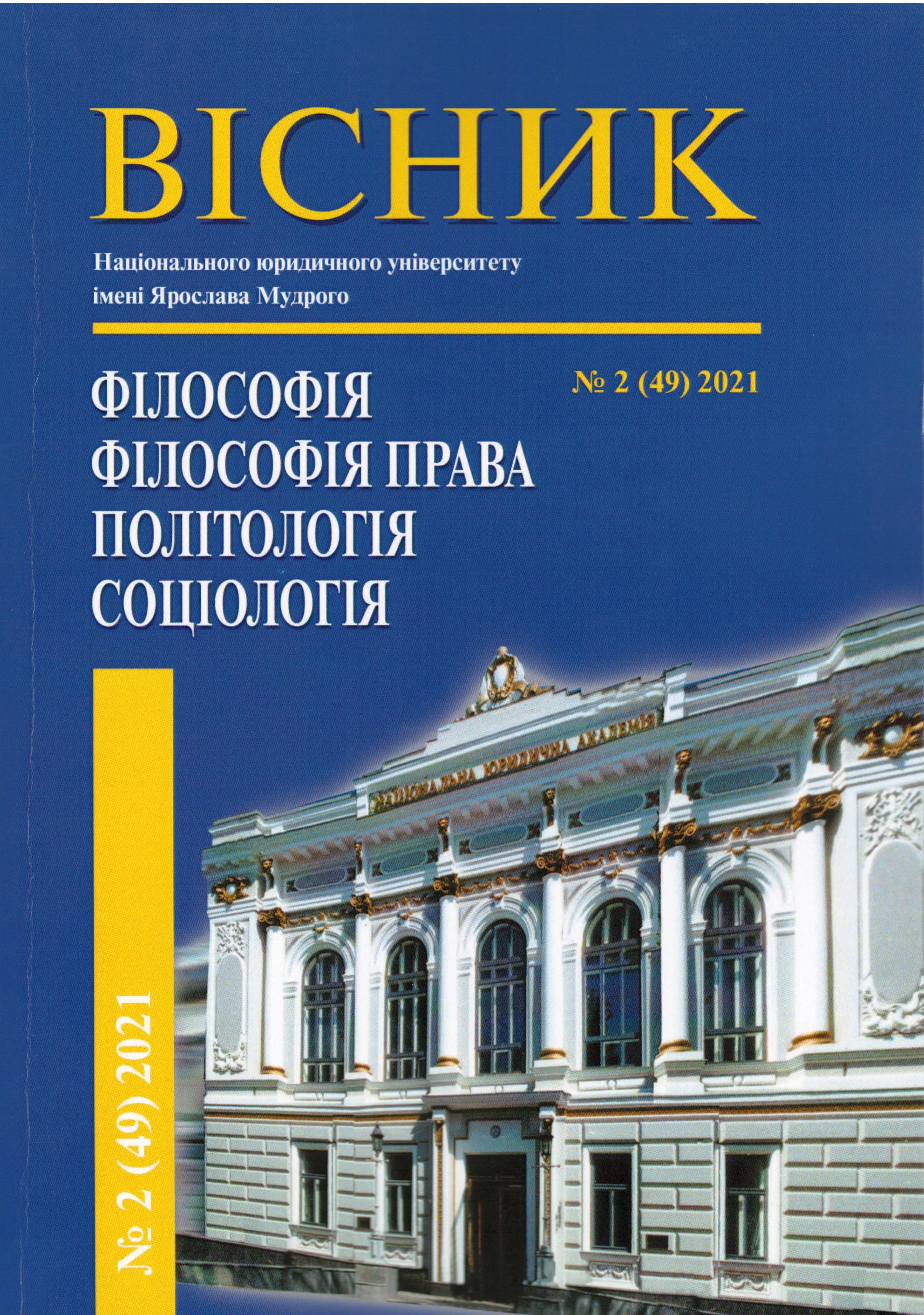КІБЕРТЕРОРИЗМ: СПРОБА ФІЛОСОФСЬКО-ПРАВОВОГО ОСМИСЛЕННЯ
CYBERTERRORISM: AN ATTEMPT OF PHILOSOPHICAL AND LEGAL UNDERSTANDING
Author(s): Volodymyr Anatoliyovych Trofymenko, Anastasiia Volodymyrivna MishanchukSubject(s): Philosophy of Law, Security and defense, ICT Information and Communications Technologies
Published by: Національний юридичний університет імені Ярослава Мудрого
Keywords: security; cyber security; terrorism; cyber terrorism; cyberspace; cybernetics;
Summary/Abstract: Problem setting. Ukraine continues its integration processes with the international community, in particular, with the European Union and NATO. But comprehensive integration leads to the fact that Ukraine is forced to integrate into the negative processes from which the modern world suffers and with which it tries to fight. With the rapid development of the Internet, its use with criminal intent is probably developing at the same rate. Novelty, level of danger, volumes of received and future possible losses of this type of crime contributed to the formation of such a dangerous phenomenon as cyber terrorism.Accordingly, there is a new task for world scientists – to understand the essence of the concept of cyber terrorism most accurately and generally, to explore its deep aspects, to develop a single conceptual apparatus and to propose a system of preventive measures. Recent research and publications analysis. The topic of information terrorism within the Ukrainian cyberspace, as well as its inseparable interaction with the world wide web,theoretical aspects of this phenomenon, disclosure of concepts related to cybercrime are covered in the publications of such domestic researchers as S. Hnatyuk, О. Gerashchenko,V. Ostroukhov, M. Prysyazhnyuk, I. Diorditsa, O. Trofimenko, Yu. Prokop, I. Aristova,V. Tsymbalyuka, O. Zadereiko, O. Bogdanov, O. Drozhchan, M. Gutsalyuk and others.A number of well-known foreign scientists and philosophers have devoted their works to the study of the phenomenon of terrorism in the context of globalization and the rapid development of information and communication technologies, in particular E. Toffler,B. Hoffman, A. Schmid, D. Bell, J. Baudrillard, E. Giddens, F. Fukuyama and others.Paper objective. This article aims to formulate a generalized definition of«cyber terrorism», its key elements, sources, features of implementation, specificity and classification through the method of deduction (derivation of true knowledge from the general term «terrorism» to specific – «cyber terrorism»). Paper main body. The opinion of domestic and foreign scientists on the concept of cyber terrorism is analyzed. Based on the considered opinions, the authors try to show the peculiarities of cyber terrorism and reveal its danger to society as a whole and individuals.Finally, the authors turn to the analysis of Ukrainian legislation on cyber terrorism.Conclusions of the research. Taking into account all the mentioned above, the state should introduce appropriate training systems for integrated skills and abilities that are necessary to support the goals of cybersecurity in secondary and higher schools, conduct cybersecurity briefings, increase digital literacy and the culture of safe behavior in cyberspace, as well as timely report about new threats and ways to avoid them.
Journal: Вісник НЮУ імені Ярослава Мудрого. Серія: Філософія, філософія права, політологія, соціологія
- Issue Year: 49/2021
- Issue No: 2
- Page Range: 93-104
- Page Count: 12
- Language: Ukrainian

